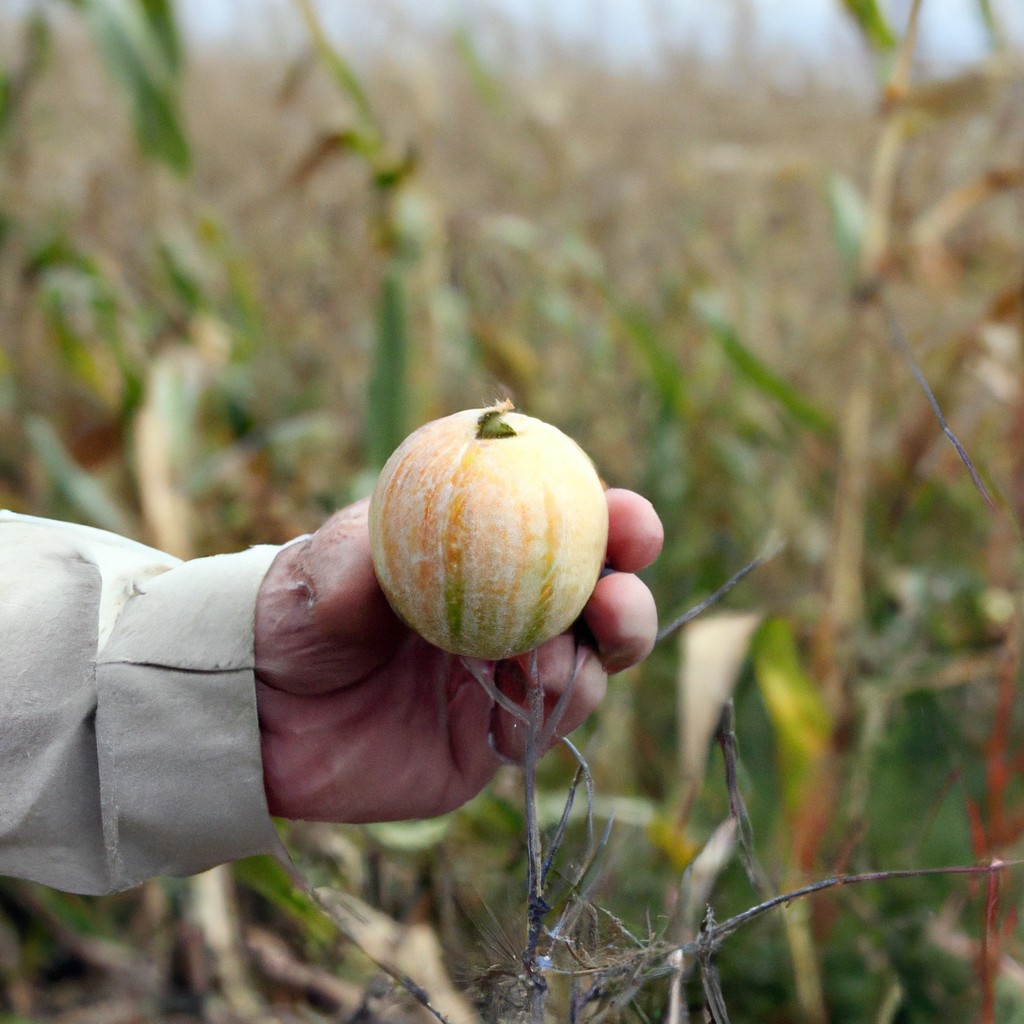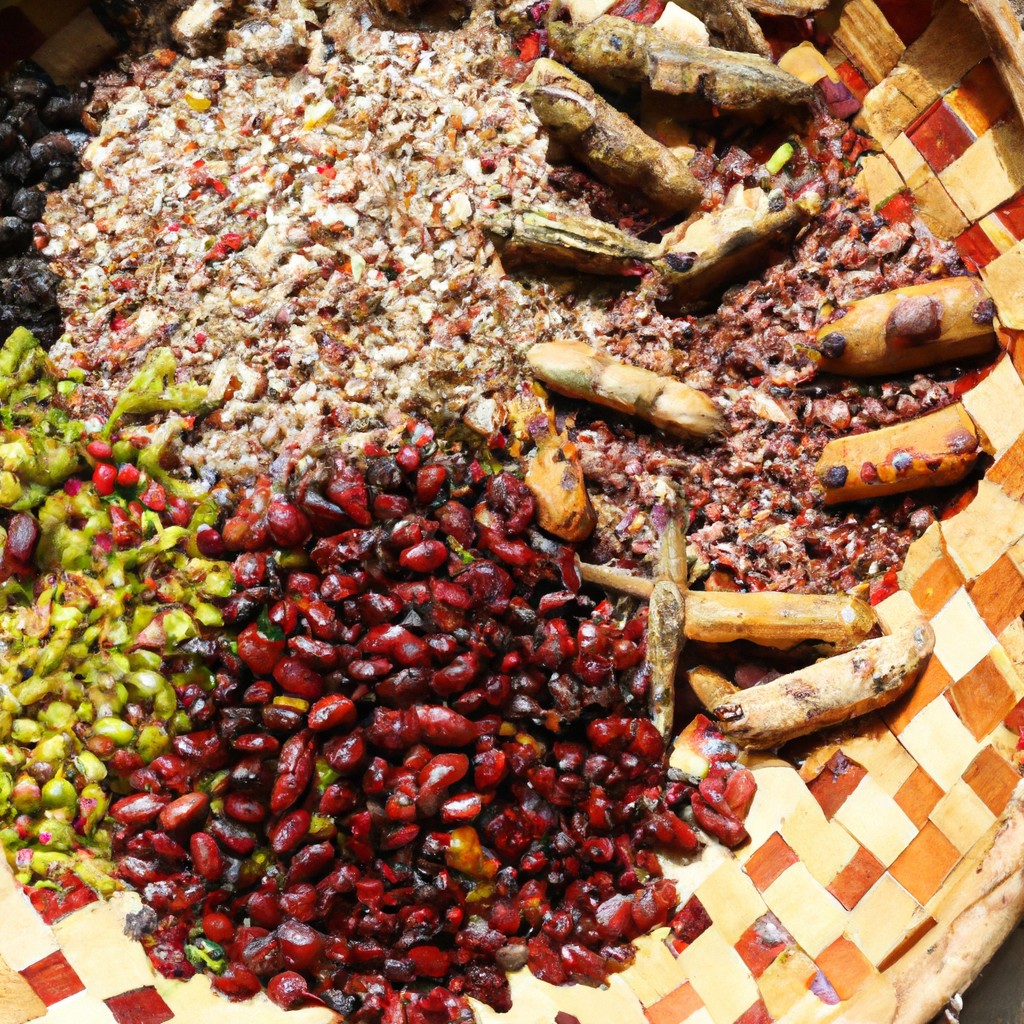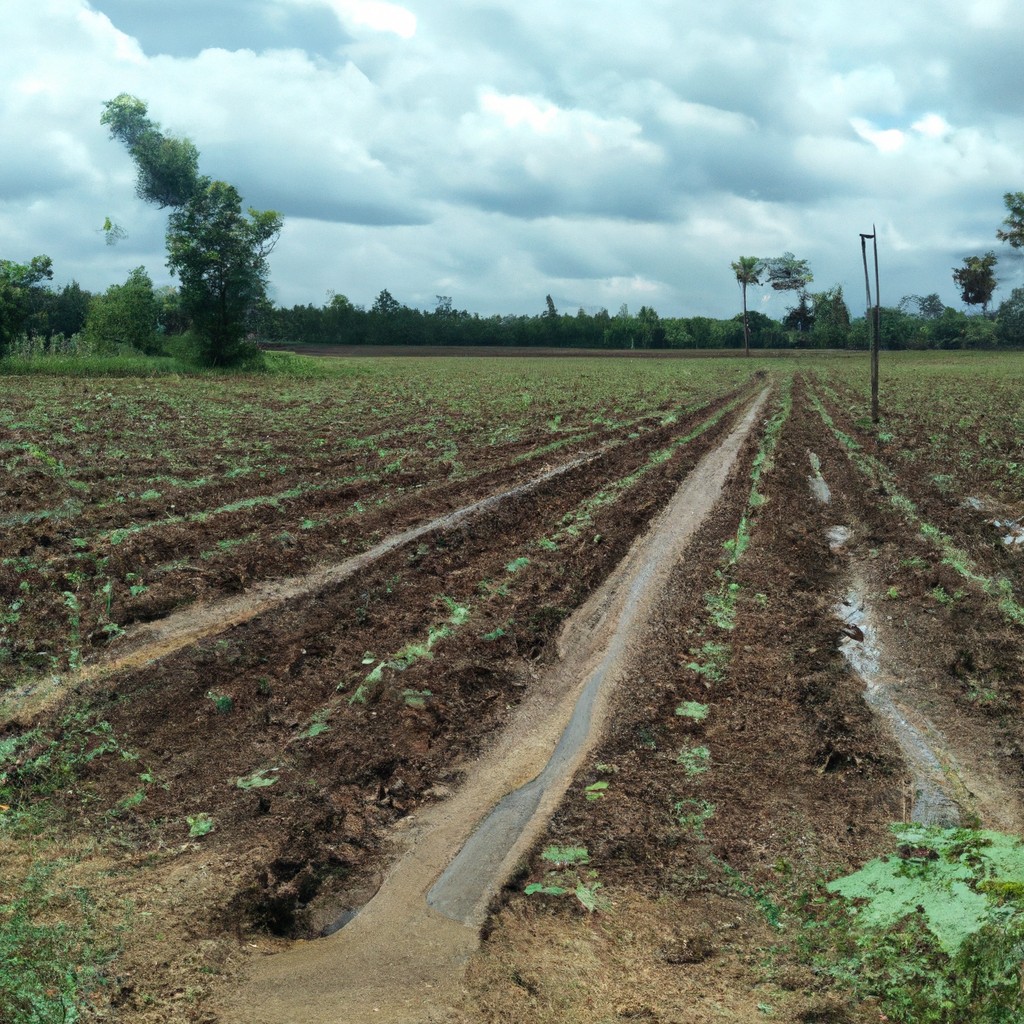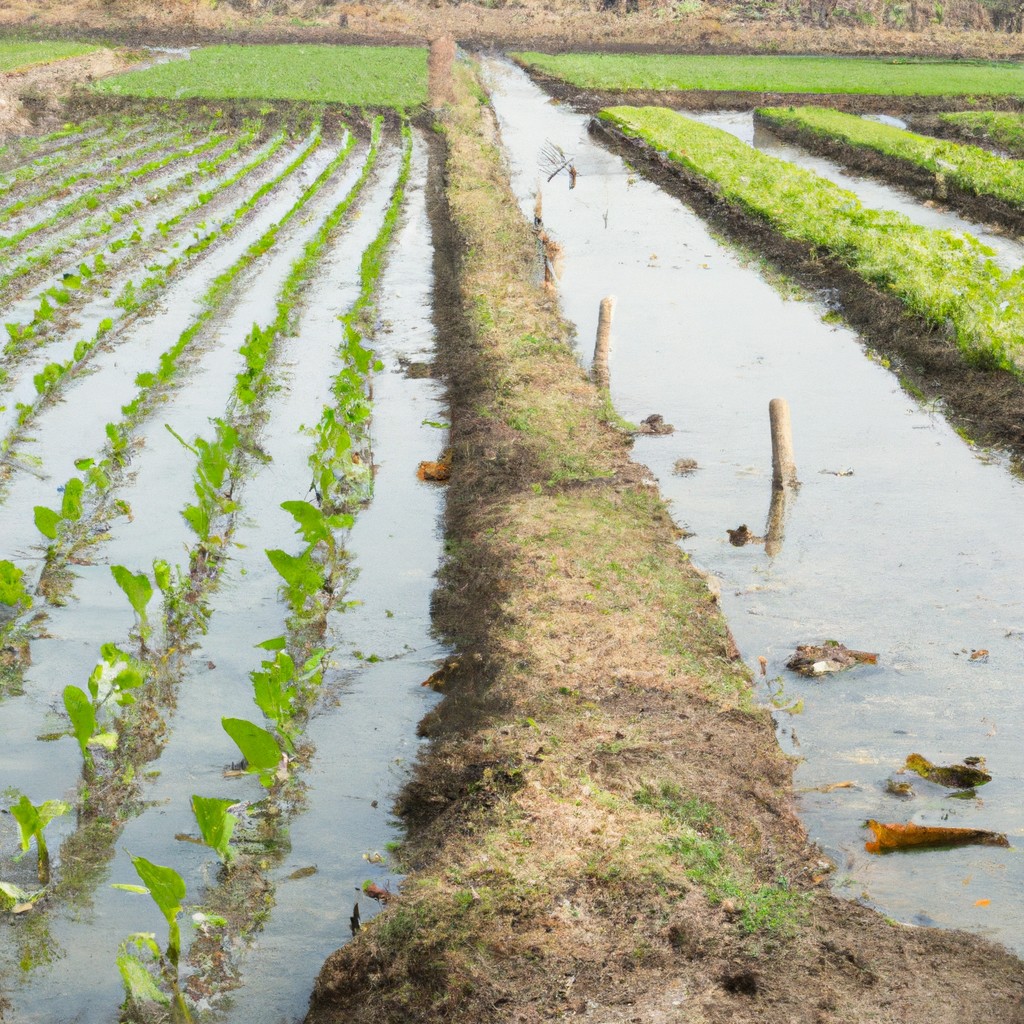This article discusses pressing agricultural issues and offers practical solutions for modern farmers.
Look Inside:
Climate Change Impact On Agriculture

Rising temperatures and shifting precipitation patterns are disrupting traditional growing seasons. Crops that once flourished in certain regions are now struggling or becoming less viable, affecting food availability and prices. More frequent and severe weather events, such as hurricanes and droughts, damage crops and farmland, leading to reduced yields. These climatic changes also promote the spread of pests and diseases, which are moving into new areas, further threatening agricultural productivity. Farmers must adapt, perhaps by adjusting planting schedules, choosing different crop varieties, or investing in water-efficient technologies.
Water Scarcity and Agricultural Demand
As freshwater resources dwindle, agriculture faces a dilemma. It consumes about 70% of the global freshwater supply, putting immense pressure on this precious resource. Strategies for efficient water use are becoming essential to sustain both crop production and environmental health.
Several factors contribute to water scarcity, including climate change, which disrupts precipitation patterns and increases drought frequency. Overextraction of water for irrigation and other agricultural practices accelerates the depletion of aquifers and lowers river flow rates.
To address these challenges, farmers can adopt water-smart practices. Techniques like drip irrigation and rainwater harvesting reduce wastage and enhance water use efficiency. Additionally, planting drought-resistant crop varieties and improving soil health through organic practices can also help retain soil moisture and reduce water need.
The implementation of these strategies can lead to more sustainable water usage in agriculture, ensuring food security without compromising the health of our water bodies.
Farming As a Business: Economic Challenges
Farming isn’t just about planting and harvesting; it’s as much about cents as it is about sense. Many farmers face the tightrope walk of low profit margins, which can be squeezed further by fluctuating market prices and the high cost of inputs like seeds, fertilizers, and machinery.
Moreover, access to capital remains a critical hurdle. Financing options are often limited, and interest rates can be prohibitive. For small-scale producers, this challenge is even steeper, impacting their ability to expand or sometimes even sustain operations.
Lastly, the dependency on external markets can leave farmers vulnerable to global economic shifts. Events such as trade disputes or tariffs can drastically alter their revenue, often with little warning, making financial planning an exercise in agility and foresight.
Technological Advances and Adoption in Farming Practices
Advancements in technology have revolutionized farming, making it more efficient and sustainable. Precision agriculture tools, such as GPS and drones, allow farmers to optimize field-level management. They can map out the entire farm and apply fertilizers, water, and pesticides only where needed, reducing waste and environmental impact.
Sensor technology has become a game-changer by providing real-time data on soil conditions, crop health, and weather patterns. This information helps farmers make informed decisions and respond proactively to potential issues.
Automated machinery, like tractors and harvesters, has significantly reduced the labor-intensive nature of farming. These machines streamline operations and decrease the time spent on manual tasks.
Digital platforms and software now offer agricultural management systems that integrate all these technologies. Farmers can monitor everything from planting to harvesting in one place, ensuring efficiency and productivity enhancements.
Lastly, the adoption of biotechnology, including genetically modified crops, has improved resistance to pests and diseases. This not only boosts crop yields but also reduces chemical inputs, promoting healthier ecosystems.
Impact of Agricultural Practices On Public Health and Environment
Agricultural activities contribute significantly to environmental degradation, which in turn affects public health. Pesticide use can lead to water and soil contamination. Residues find their way into our food chain and drinking water, posing health risks from developmental disorders to cancer.
Soil depletion is another concern. Intensive farming practices strip the soil of nutrients, reducing its fertility over time. Poor soil leads to poor crop yields, which can enhance the use of chemical fertilizers, perpetuating a cycle of degradation.
Moreover, agriculture is a major emitter of greenhouse gases, especially from livestock production. Methane from cattle and nitrogen oxides from over-fertilized fields exacerbate climate change, affecting global health through more extreme weather events and disruptions in food supply.
To mitigate these impacts, sustainable farming practices such as crop rotation, organic farming, and integrated pest management are gaining traction. These methods reduce chemical use, rejuvenate the soil, and lower carbon footprints, promoting a healthier ecosystem and public health.




